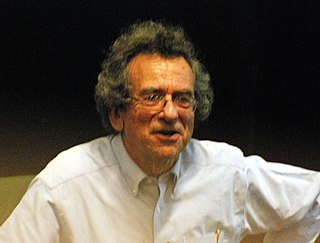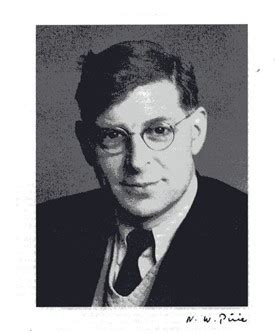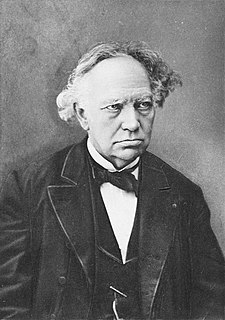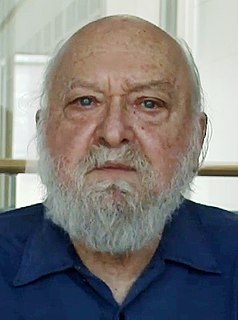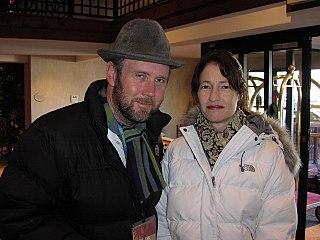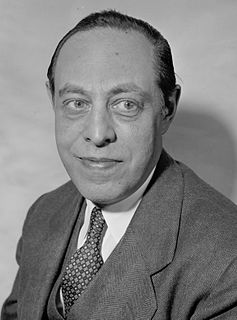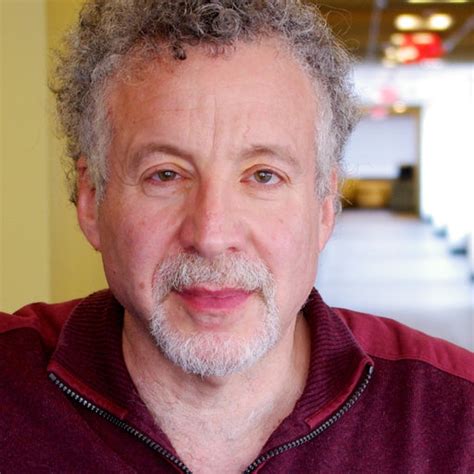A Quote by Richard Dawkins
It is quite true that many scientists, many physicists, maintain that the physical constants, the half dozen or so numbers that physicists have to simply assume in order to derive the rest of their understanding ... have to be assumed. You can't provide a rationale for why those numbers are there. Physicists have calculated that if any of these numbers was a little bit different, the universe as we know it wouldn't exist.
Related Quotes
Some physicists solve that problem of the necessity of finely tuned physical constants ... by invoking the anthropic principle, saying, well, here we are, we exist, we have to be in the kind of universe capable of giving rise to us. That in itself is, I think, unsatisfying, and as John Lennox rightly says, some physicists solve that by the multiverse idea-the idea that our universe is just one of many universes.
...contemporary physicists come in two varieties. Type 1 physicists are bothered by EPR and Bell's Theorem. Type 2 (the majority) are not, but one has to distinguish two subvarieties. Type 2a physicists explain why they are not bothered. Their explanations tend either to miss the point entirely (like Born's to Einstein) or to contain physical assertions that can be shown to be false. Type 2b are not bothered and refuse to explain why.
Physicists only talk to physicists, economists to economists-worse still, nuclear physicists only talk to nuclear physicists and econometricians to econometricians. One wonders sometimes if science will not grind to a stop in an assemblage of walled-in hermits, each mumbling to himself words in a private language that only he can understand.
Chemists are, on the whole, like physicists, only 'less so'.They don't make quite the same wonderful mistakes, and much what they do is an art, related to cooking, instead of a true science. They have their moments, and their sources of legitimate pride. They don't split atoms, as the physicists do. They join them together, and a very praiseworthy activity that is.
I believe that numbers and functions of Analysis are not the arbitrary result of our minds; I think that they exist outside of us, with the same character of necessity as the things of objective reality, and we meet them or discover them, and study them, as do the physicists, the chemists and the zoologists.
People will listen to sophisticated physicists, using God as a kind of metaphor for the deep constants, the deep problems, the deep principles of physics, and say that in that sense I believe in God. The reaction is, "Oh, this great physicist believes in God - that means I'm free to believe in the trinity and in the crucifixion and in the reincarnation of Christ" - and all that stuff, which of course has nothing whatever to do with the fundamental constants of physics, which is what these physicists are talking about.
I don't know why people don't want to talk about their numbers. I guess in a sense, there's a bit of performer nudity, a bit of ego nudity when you expose your numbers, I guess because someone's are higher or someone's are lower. I've never really talked about the numbers with anyone, so maybe I'm not supposed to.
If you look at the last 150 years, about every 30 years or so, a new scientific discipline emerges that starts spinning out technologies and capturing people's imaginations. Go back to 1900: That industry was chemistry. People had chemistry sets. In the 1930s, it was the rise of physics and physicists. They build on each other. Chemists laid the experimental understanding for the physicists to build their theories. It was three physicists who invented the transistor in 1947. That started the information revolution. Today, kids get computers.
We want no dictatorship of physicists, as physicists. If our democracy is to realize its full promise, we want no dictatorship at all - of any species. What we want and need is the enlightened and active interest of all men of intelligence and goodwill in their government, and their participation in its functions.

